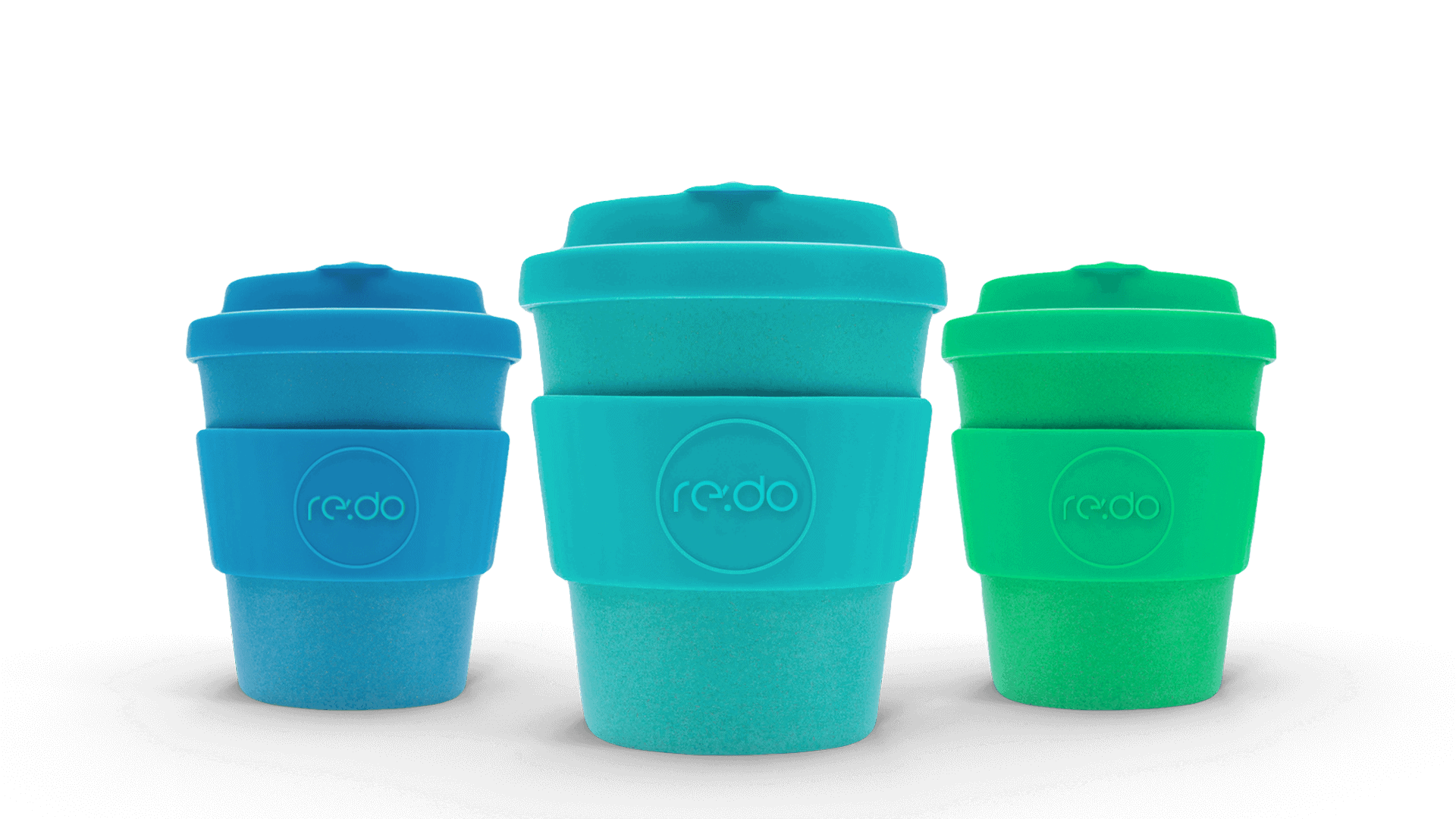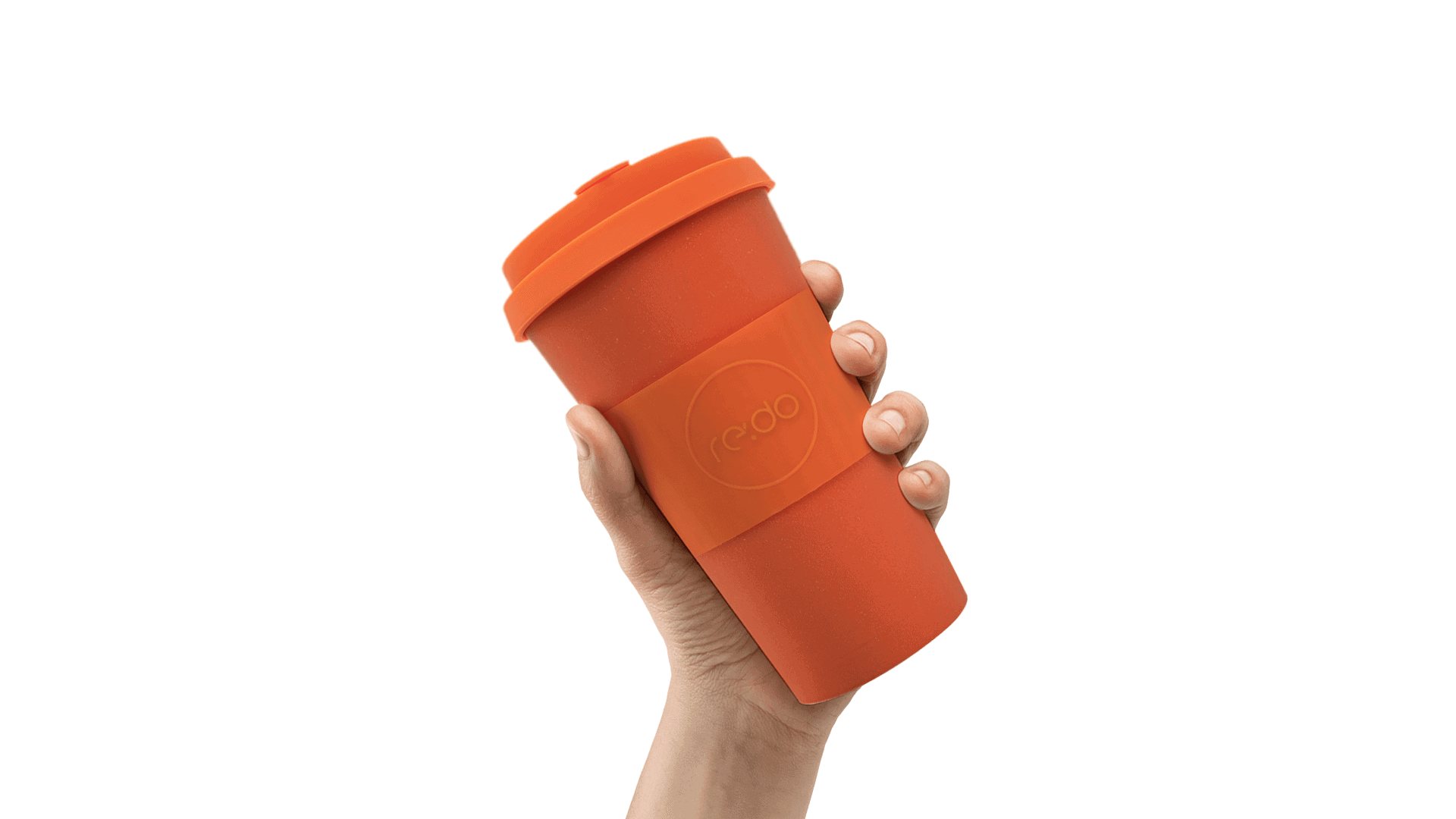Re.do
Project Overview
According to studies, by 2050, there will be more plastic than fish in the world’s oceans. 83% of tap water samples tested in 12 nations were found to be contaminated by plastic fibers. According to the Clean Air Council, enough paper and plastic utensils are thrown away every year to circle the equator 300 times.
We started with the question: How might we make using reusable cups as convenient as disposables which leads to a behaviour change? Keeping in mind concepts of systems thinking and eames’ brothers’ power of ten, we decided to focus on closed ecosystems, such as universities. University campuses provide advantage of restricted geographical boundaries, centrally controlled environments and limited, but more engaging user base, making it conveniently efficient for providers and users alike.
We designed a reusable mug pickup and drop off station, called Re.Do, available in universities, hospitals and corporate campuses for students and staff. Think sharing economy for mugs.
What we did
Brand Strategy
Design Research
Illustrations
How might we make using reusable cups as convenient as disposable which leads to a behaviour change?
Process
Defining the
Problem
Behaviour
Analysis & the Challenges
Ideation and
Engagement
Strategies
User Flow & Protoype
Development
And Evolution
The Problem
Every year close to 40 billion individual plastic utensils are produced and with such low rates of reuse and recycling, most of them end up in our landfills, beaches and oceans to stay there for hundreds of thousands of years.

Behavior Analysis & the Challenges
We identified that the people prefer disposable cups, since there’s too much effort in carrying their own reusables mugs. A key challenge in combating waste within these markets, is to change the consumers behaviour and beliefs.
We identified that the people prefer disposable cups over the recyclable ones, since there’s too much effort in carrying their own reusables. A new product solution must perform as well, if not better than the alternative, and also be more attractive to use and own.
We also found out that the prevalent notion was the disposables are more hygienic, convenient and commitment free. Another challenge was to make the consumer believe that after every wash, the reusable cup was clean and hygienic to use.

Ideation and Engagement Strategy
To counter the challenges we designed a reusable mug pickup and drop off system which uses several different strategies to nudge the consumers to change their behaviours. Called Re.Do, the service is available in universities, hospitals and corporate campuses for students and staff.
The result is a sustainable and uniquely effective solution, that will help to stem the tide of disposable cups and glasses.
User Flow & Prototype
The Solution
The solution to this challenge required us to re-think, and re-frame a consumer’s relationship with the meaning, value and life cycle of plastic cups.
In a category overflowing with large, often garish throw-away plastic products, we understood that for a different, yet significantly more sustainable solution to be adopted, it would need to connect with the consumer on a deeper emotional level. It was for this reason that we endeavoured to create an iconic product gesture, unique sustainable material story, and an elevated user experience, all with the goal of reducing waste, in good taste.
Re.Do also made sure that along with a product that reduces waste, it also provided the consumers with a fun accessory to their act of drinking coffee.

